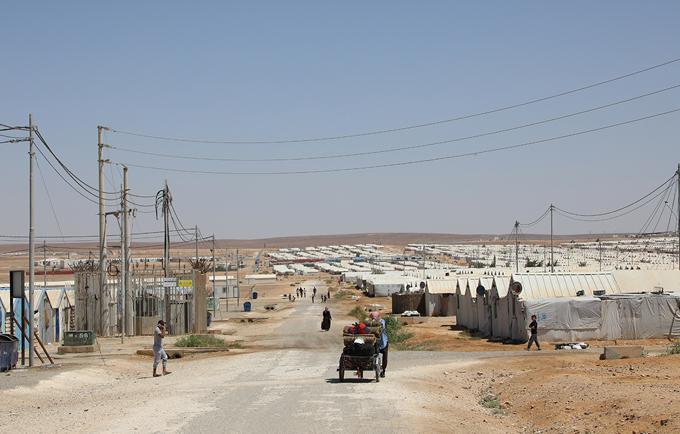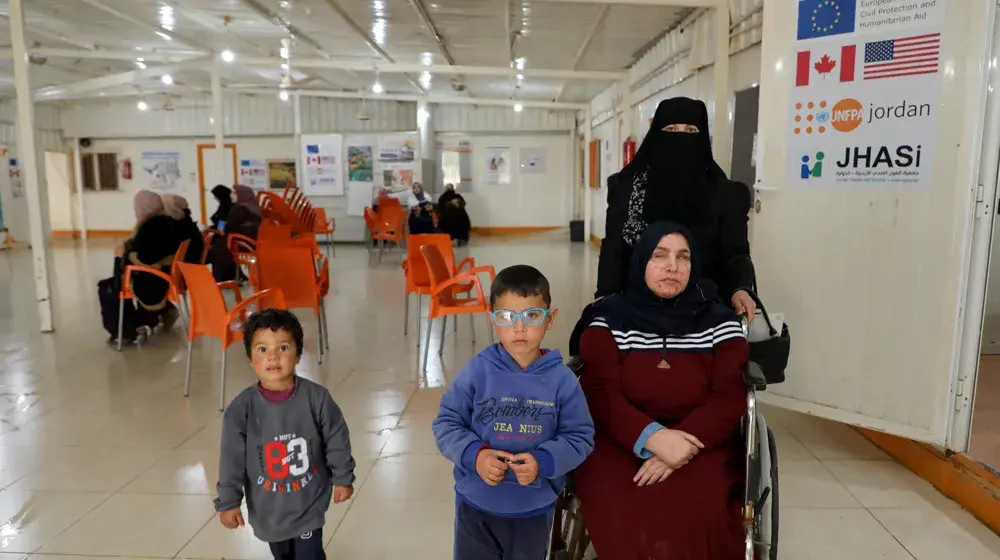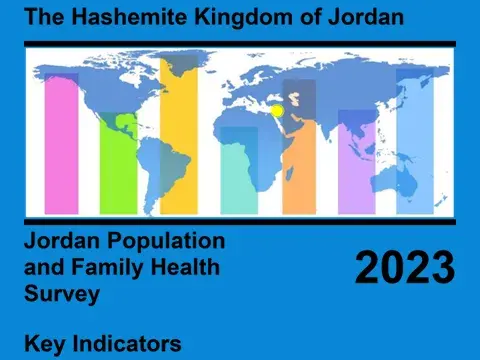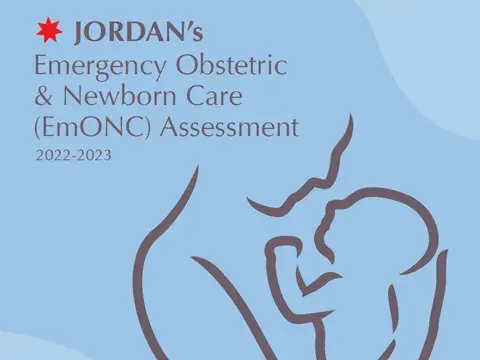AZRAQ CAMP, JORDAN, 04 June 2020 – With the arrival of the United Nations Population Fund (UNFPA) new Country Representative in Jordan, Ms Enshrah Ahmed, the Government of Japan and UNFPA are taking a moment to recognise the importance of the Japan-funded UNFPA project (USD 300,000) within Azraq refugee camp, particularly relevant with the recent agreement with the Government of Japan to continue funding UNFPA’s sexual and reproductive health (SRH) clinic in Village 6. This, however, is just one of the many steps Japan has taken to support Jordan’s resilience in providing for Syrian refugees under the Jordan Response Plan 2019/2020.
In a statement from the Ambassador of Japan to Jordan, H.E. Mr. YANAGI Hidenao, noted “Genuine appreciation for UNFPA’s leading role and dedication to ensuring vulnerable refugees have access to comprehensive integrated SRH and gender-based violence (GBV) service delivery.” Going on, the Ambassador affirmed “In 2019, the government of Japan had supported UNFPA’s activities at the clinics in Village 6 in Azraq Syrian refugee camp, with the project successfully being completed this March. In light of the importance of maintaining life-saving reproductive services and safe spaces for girls and women, the government of Japan renews its commitment to support UNFPA for enhancing the access to critical reproductive services for the protection of women and girls.” The Ambassador concluded of the ongoing relationship with UNFPA’s project in Azraq Camp, “I sincerely hope our assistance reaches all women and girls in need and contributes to ensuring safe deliveries in the camp setting as well as raising awareness about the importance of preventing GBV.”
UNFPA’s new Jordan Representative, Ms Ahmed, in turn reiterated the significance of supporting women’s reproductive health (RH) and rights through the work of the clinic and its managing partner, the International Rescue Committee, focusing on the prevention of maternal death and ending GBV. Particularly during the current health pandemic. UNFPA supports three RH clinics in Azraq refugee camp since 2014. Around 8,000 women and girls of childbearing age depend upon the clinics to access services, such as individual and couple’s family planning counseling, antenatal care, postnatal care, management of the immediate consequences of sexual violence, post-abortion care as well as referral services to a network of affiliated hospitals inside and outside the camp.
“Too often, women and girls are seen as ‘peripheral’ to the health of a family,” stated Ms. Ahmed. “The UNFPA Japan-funded clinic in Azraq camp provides safe, quality care to women so that they and their families can experience better health. It sets the standard of empowering women and their right to quality care. Such support is even more vital in the current context of COVID-19, where professional, safe and lifesaving healthcare service provision for refugees is of critical importance. We accordingly welcome with deep appreciation the ongoing support of the Government of Japan for their ongoing support for UNFPA’s project in Azraq Camp.”





